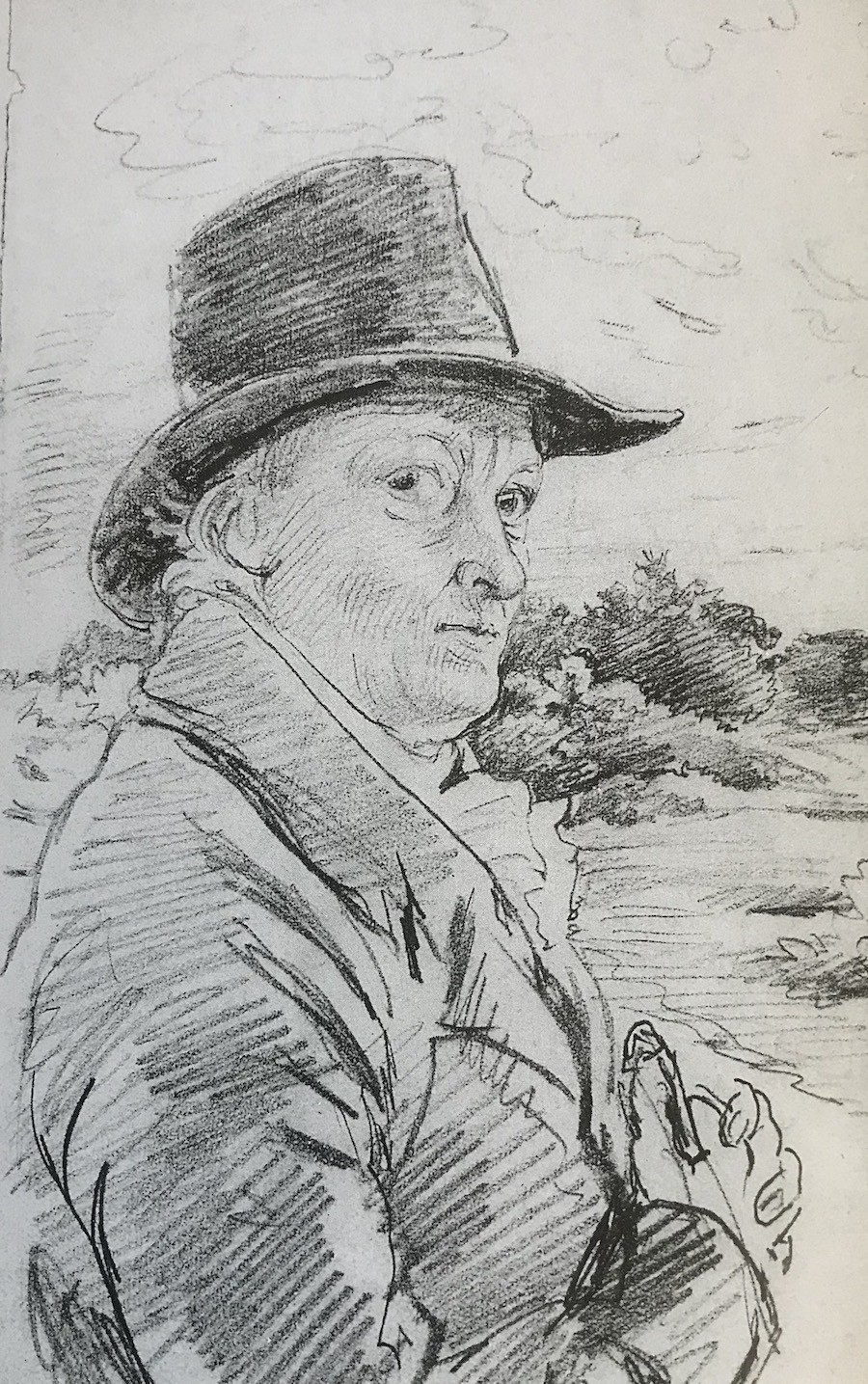Patricia Dickson (Visual Arts Section) performed the song “Tyger Tyger” at the 2024 North American Conference for the Section for the Literary Arts and Humanities in San Francisco at the historic Swedenborgian Church Sanctuary.
Patricia first performed the song (along with the song “The Divine Image”) at a Section Salon in December 2019, just before COVID changed our meetings. At that time we were studying Wm. Blake and Mary Wollstonecraft. Here are the two songs as Patricia sang them in 2019.
William Blake / Friend of Mary Wollstonecraft
Here’s what poet / scholar Kathleen Raine says about William Blake and Mary Wollstonecraft.
At the time [that Blake wrote “Songs of Innocence and of Experience”] he must have known Mary Wollstonecraft well. “Visions of the Daughters of Albion,” whose theme is the situation of women under restrictive marriage-laws, may also have been inspired by Mary, who as well as publishing her “Vindication of the Rights of Women” adopted Rousseau’s views on free love and courageously and disastrously put those ideas into practice. She was abandoned by her lover, the American explorer Imlay, the father of her first daughter, Fanny. Mary afterwards married Godwin, who was also an acquaintance of Blake’s, and Shelley’s second wife, (Mary also) was the child of this marriage. Shelley was thus in a sense a spiritual heir to Blake’s views on love and marriage also.
Blake’s “Songs of Innocence” may well have been directly or indirectly suggested to him by Mary Wollstonecraft; they were his contribution to the current conflict of ideas in the field of education at the end of the eighteenth century, and to the new thought of which Rousseau was the moving spirit.”
— Kathleen Raine, from the book “That Wondrous Pattern”
Frankenstein: The Modern Prometheus / The Education of the Free and Ethical Human Being
The education of the free and ethical human being is a salient theme in the famous novel of trans-humanism Frankenstein written by Mary Wollstonecraft’s daughter Mary Shelley. We have discussed this novel and its themes of education, trans-humanism, and individual spritual freedom several times in past meetings.
2.8.22

